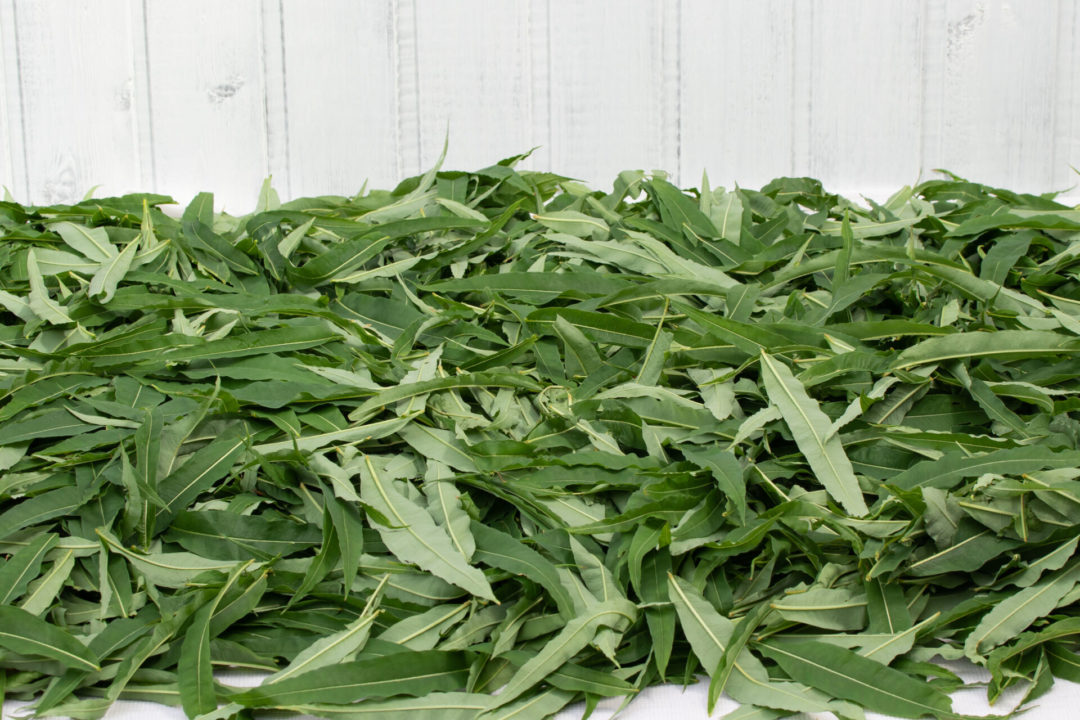If you were to poll a large audience of people today and ask about safety of drugs versus natural herbal remedies, you would most likely get a larger amount of people who feel that natural also means harmless. For the most part, natural remedies are commonly very safe. That said, there are some plants, herbs, and other natural remedies that walk both sides of the fence, being both safe and with cautions.
Today I want to talk about one of those plants that can provide great health benefits, but can also produce some noticeable side effects: wild lettuce. Botanically it is known asLactuca virosa, and it is grown around the world.
This plant has a distinct bright green leaf, which grows out from a purple spotted stem or stalk. It tends to grow along roads and near rivers, and can reach over 6 feet tall. If you pick the plant and lightly scratch and open its skin, it will secrete a sticky milky liquid that is known as lactucarium. This substance is prized for its pain-relieving qualities. Lactucarium contains lactucin and lactucopicrin, bitter substances that act on the central nervous system to produce pain-relieving and sedative effects (1). Those pain-relieving properties have led wild lettuce to be called Opium Lettuce, and many have referred to it as the “poor man’s opium” because of the symptoms it causes when used in excessive quantities.
As far back as the early 1800s, wild lettuce was recommended by physicians as a pain reliever, and the writings speak highly of its success. Yet, it is on the long list of plants that have been used for literally centuries, but still remain a bit of a medical mystery today. You will hear opinions on both sides of the fence, with half listening to feedback from people who have used wild lettuce successfully for pain over the years, and the other half stating that the research and safety is not quite there.
Wild Lettuce is commonly found as a dietary supplement in capsules, extracts, tinctures, tea and in dried form. It is not intended for pregnant women, nursing moms, or children. Indeed, more studies are warranted, and one should always have a discussion with a healthcare practitioner before deciding to supplement.
References
1.https://www.healthline.com/nutrition/wild-lettuce

Nature Made Makes Waves With Pickle-Flavored Gummies
April 15, 2024









